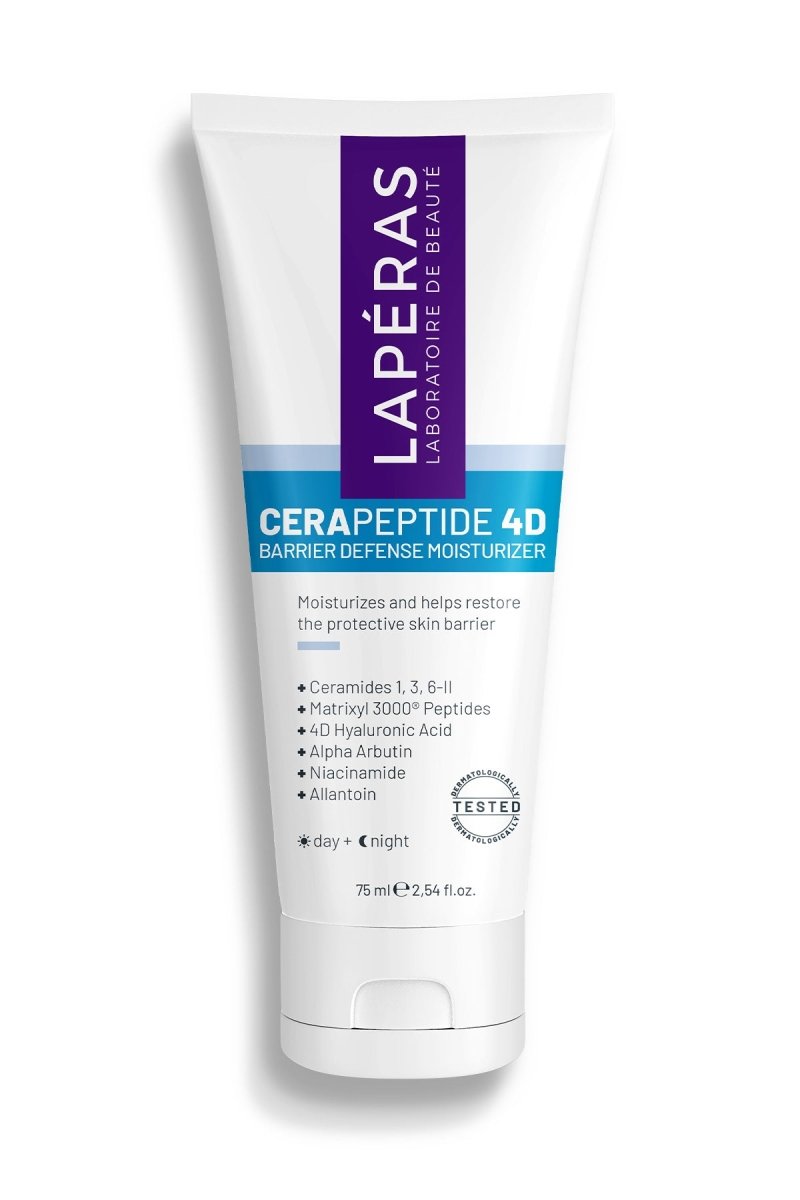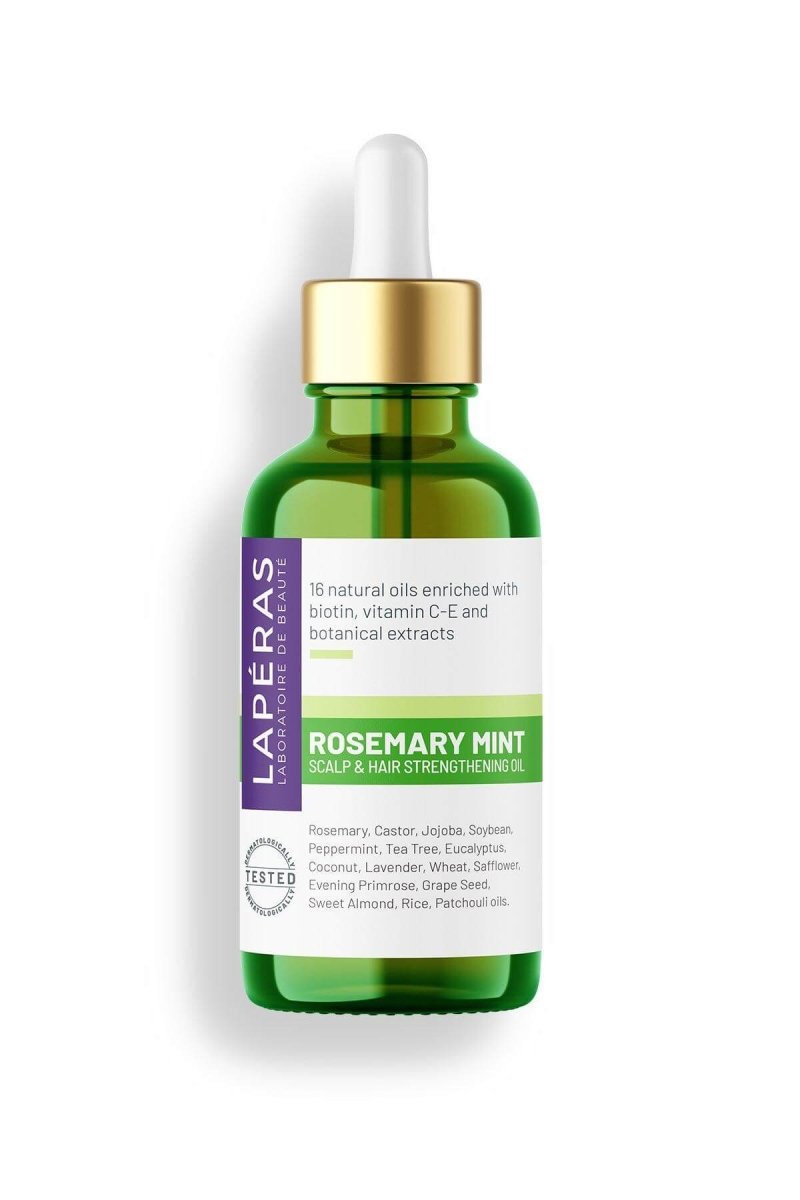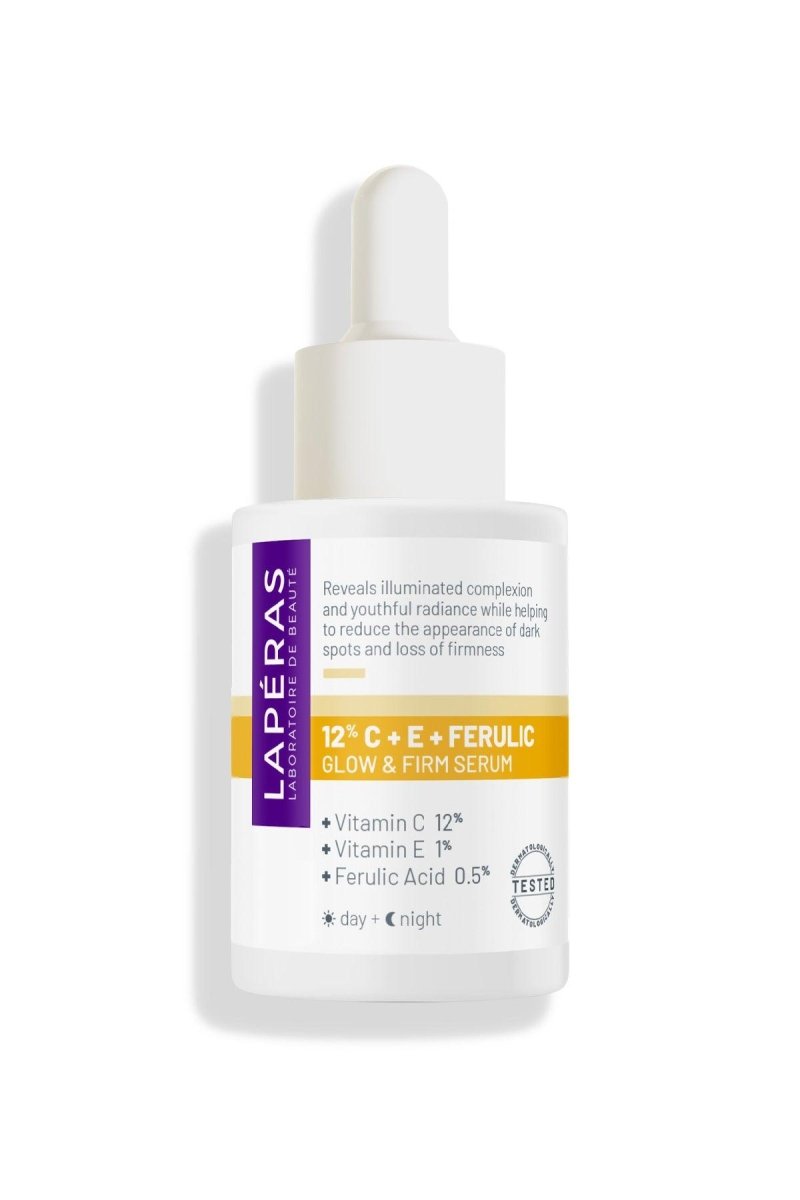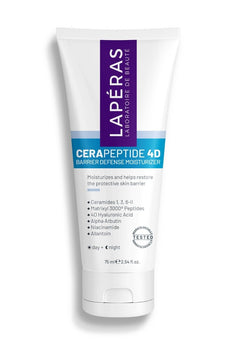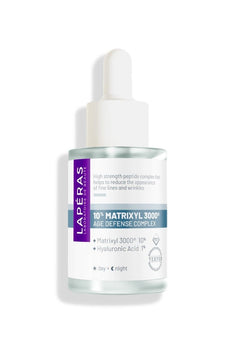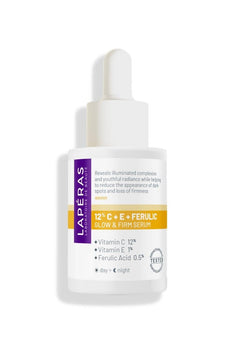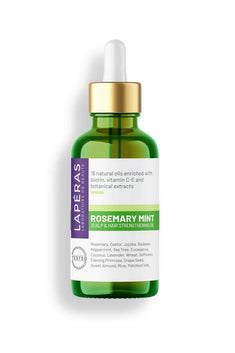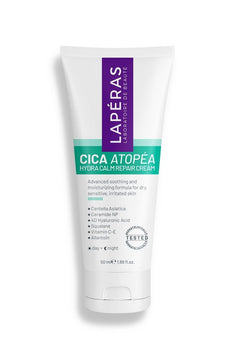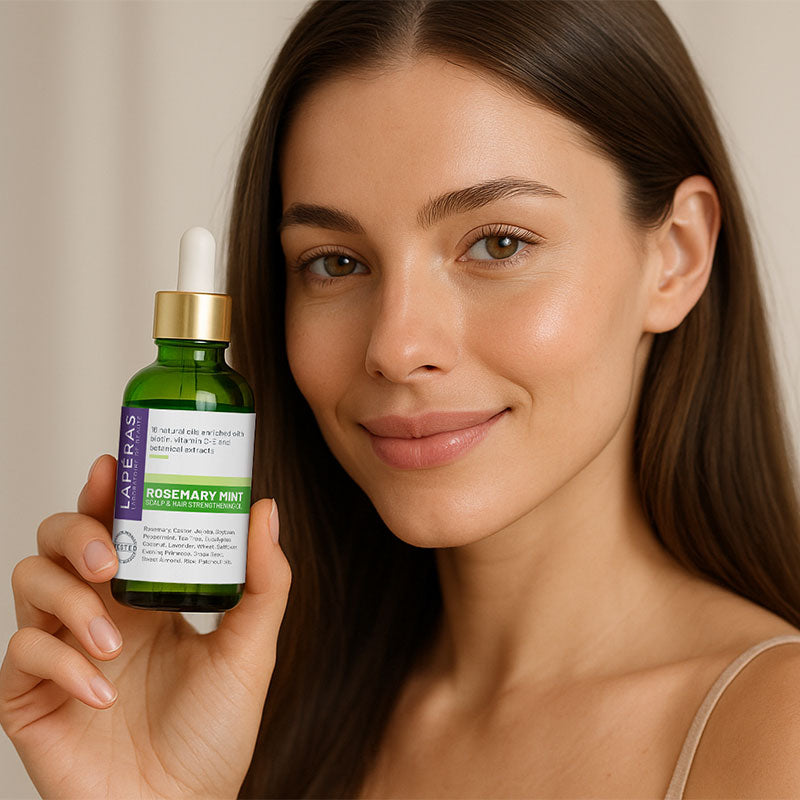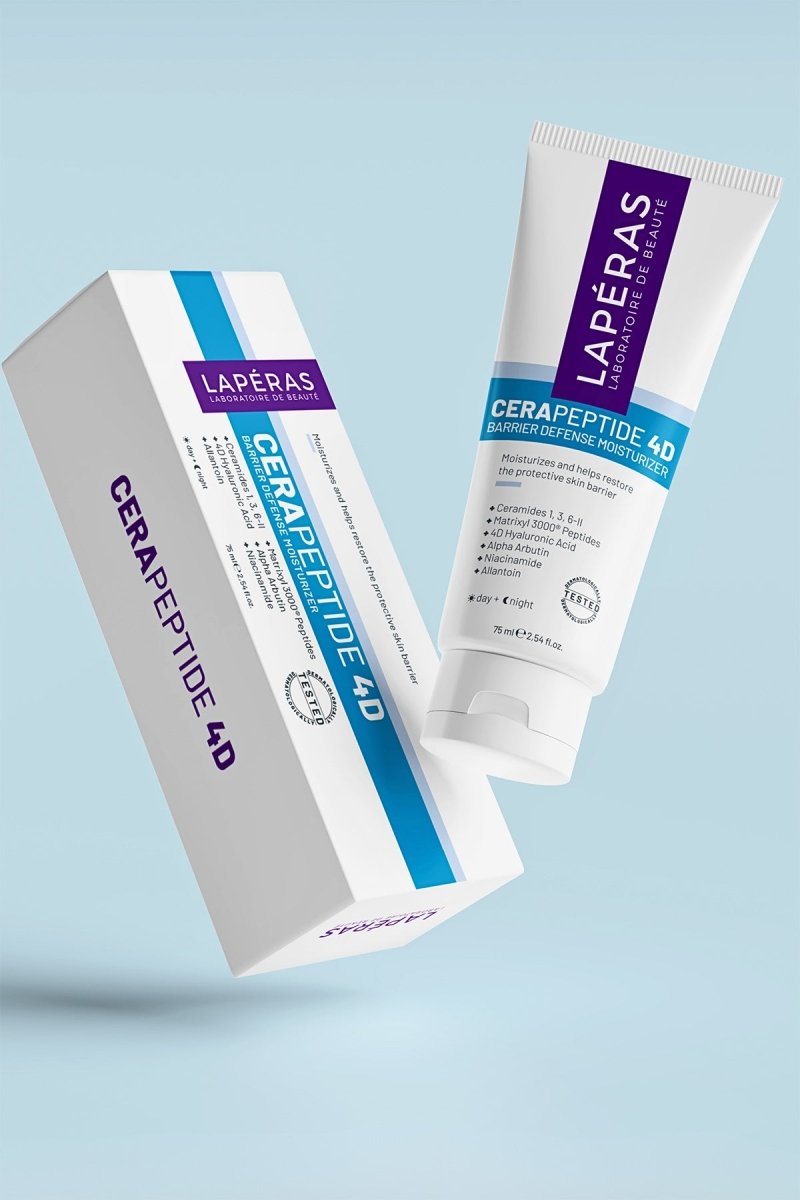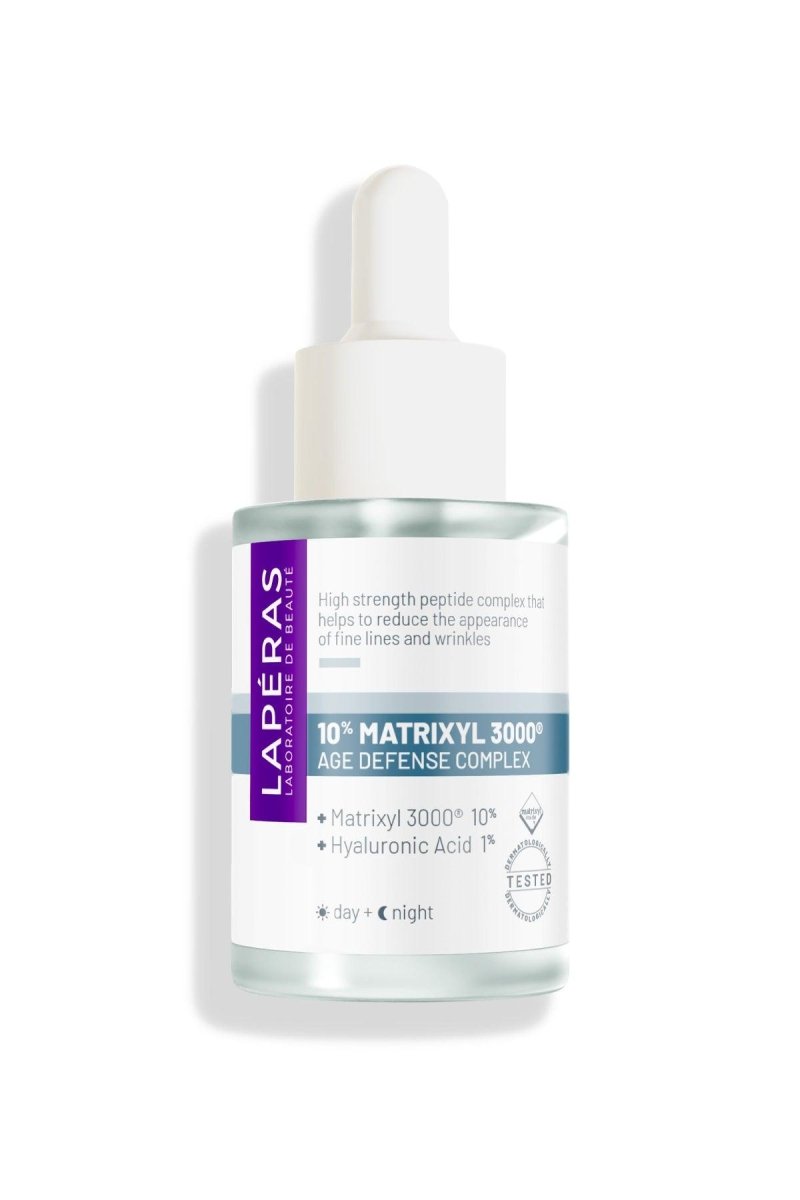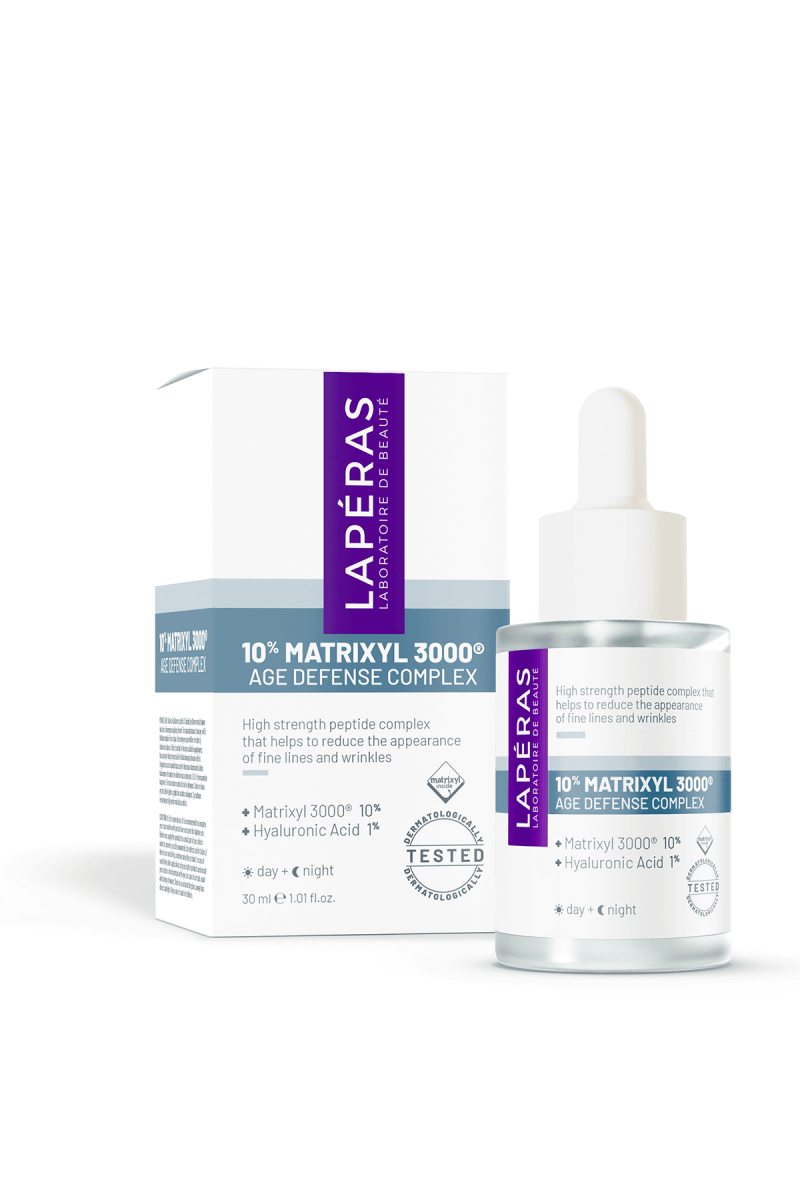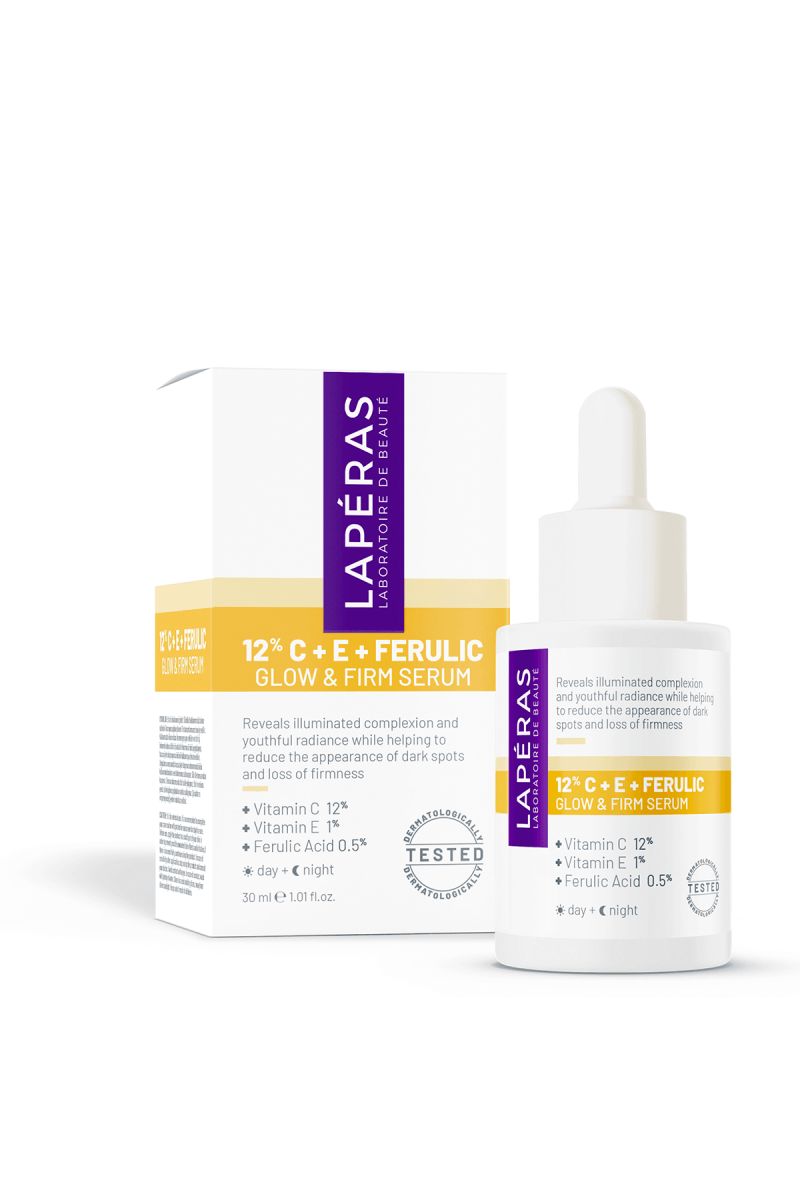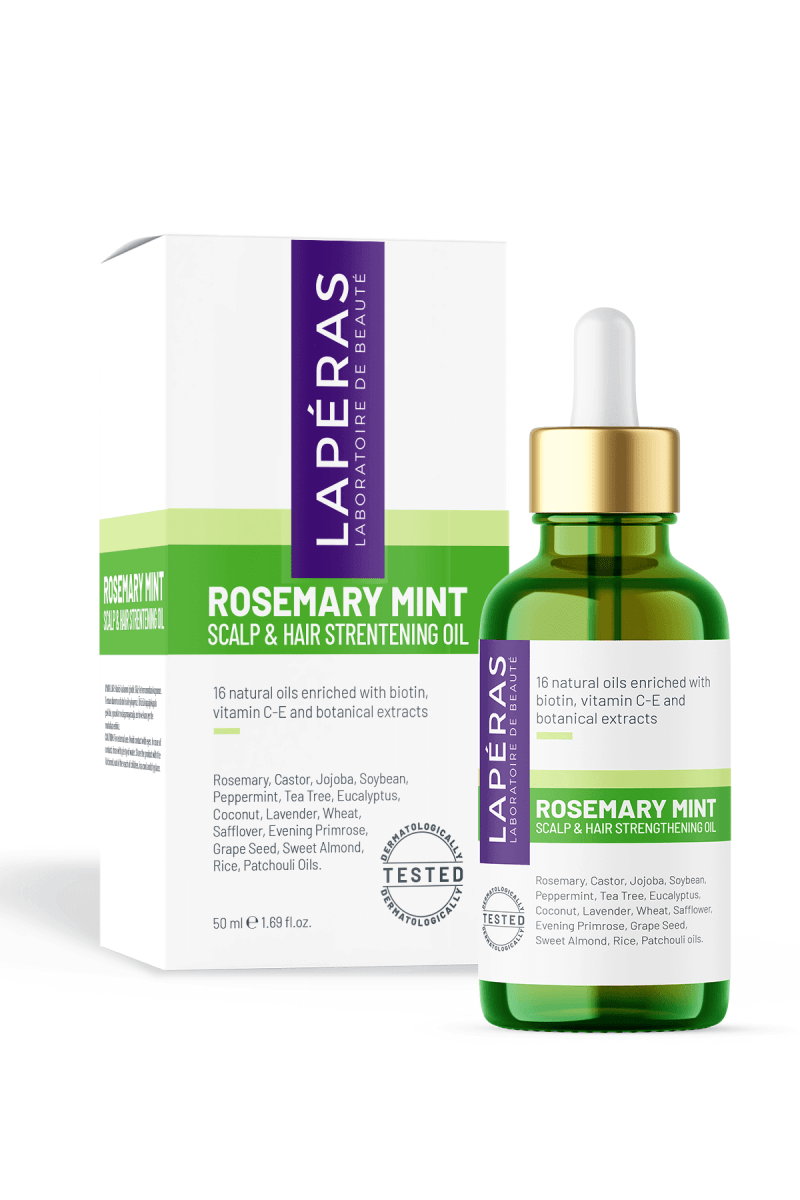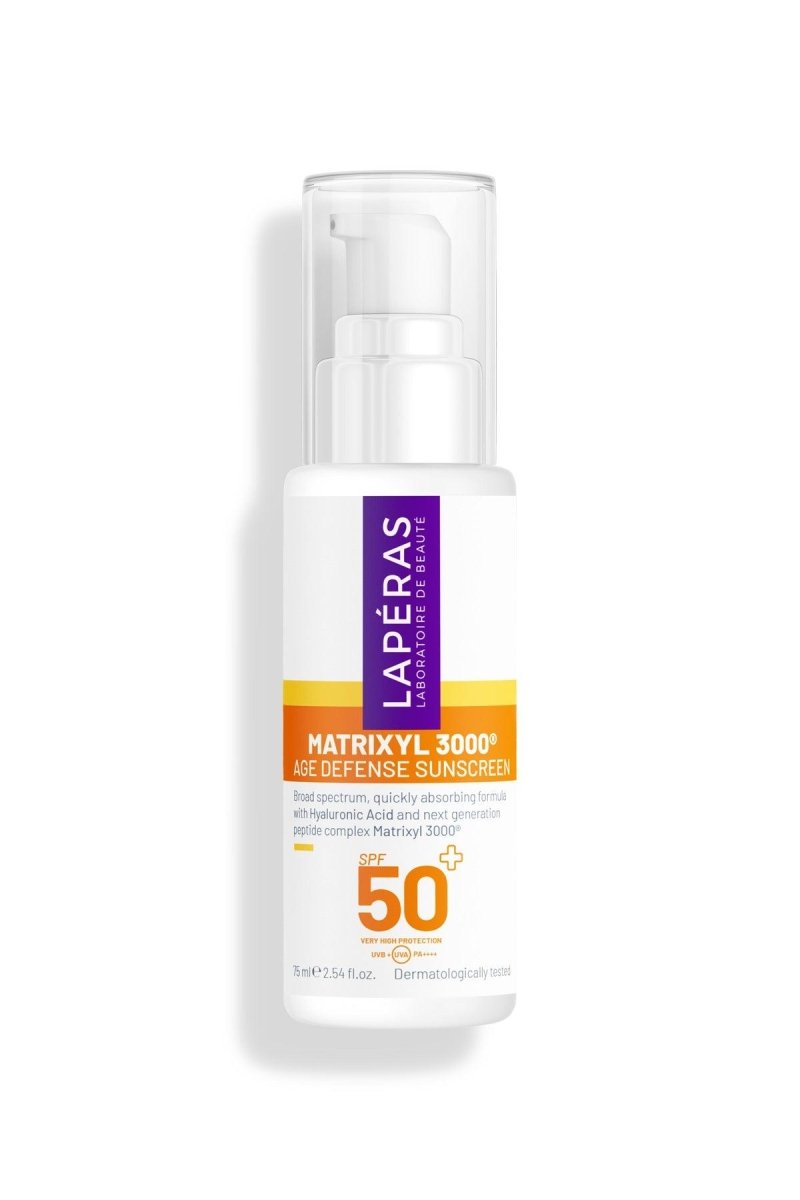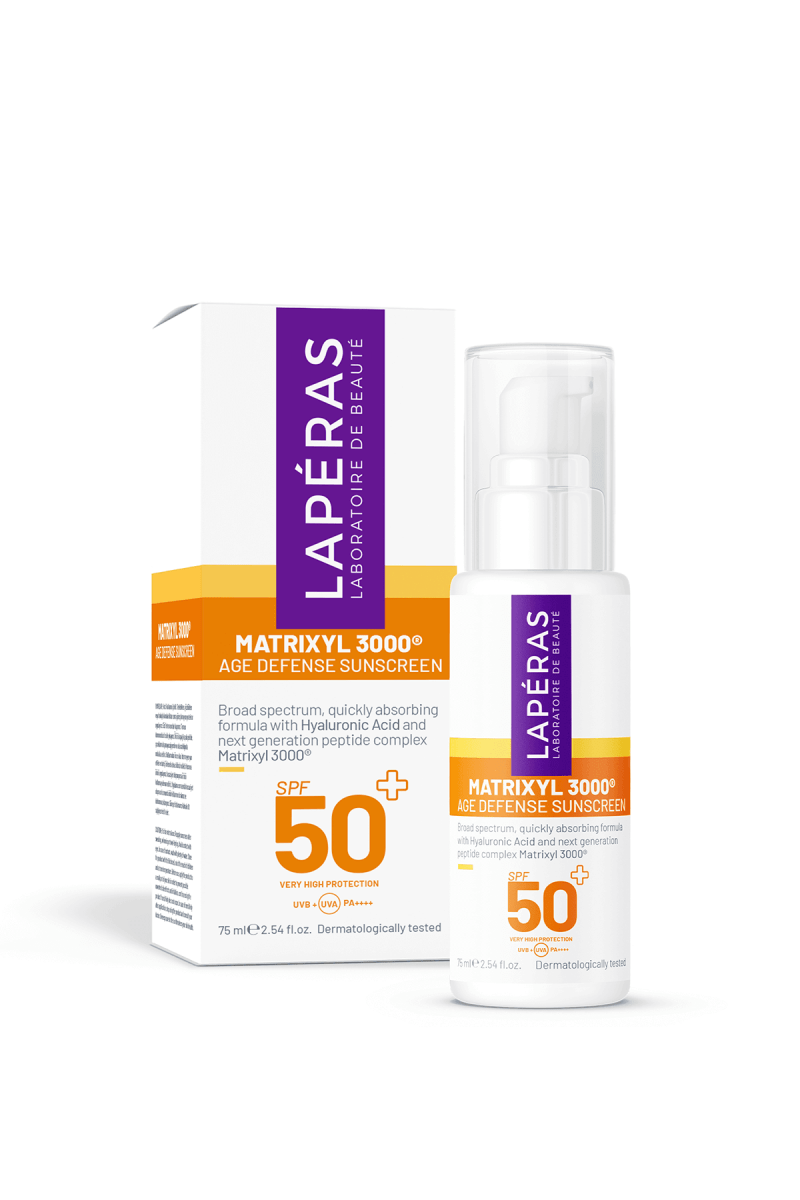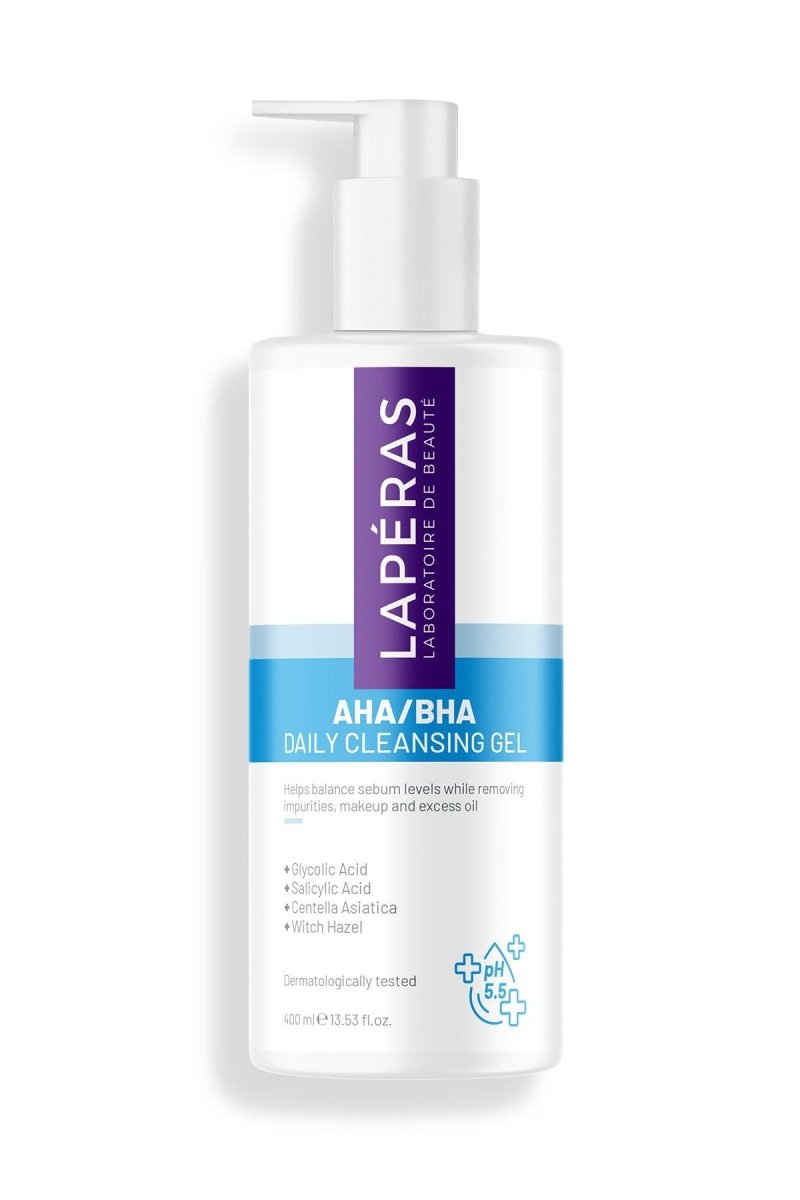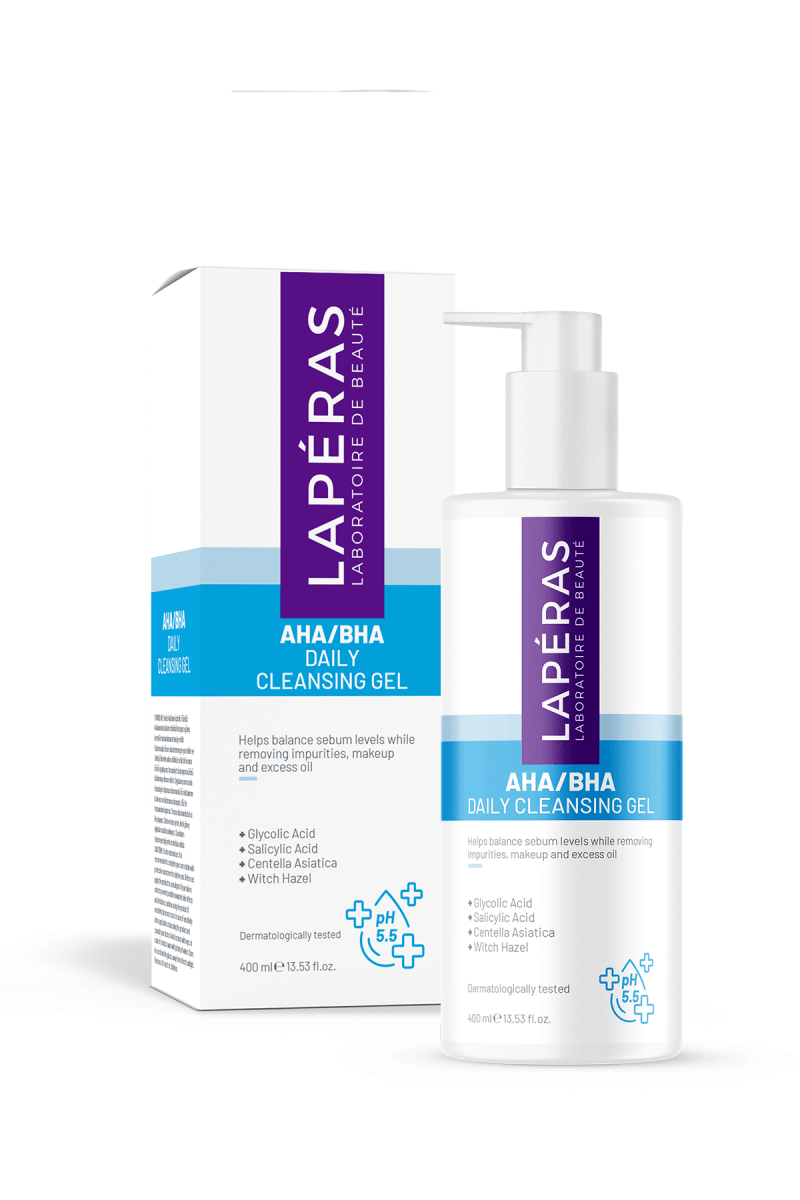How to Get Rid of Acne Scars?
Acne scars are permanent memories left on the skin by past acne. They can be seen as color inequalities, pits or dark spots on the skin surface. It becomes both an aesthetic and psychological problem for many people. So how do acne scars go away? Which methods really work? In this article, we will seek answers to this question in full detail, from natural methods to medical treatments.
Why Do Acne Scars Occur?
Acne scars are usually formed by the disruption of collagen production in the skin after inflammatory acne. During the healing process, the skin either produces too much collagen (hypertrophic or keloid scars) or not enough (atrophic, i.e. sunken scars). In addition, squeezing, picking or treating acne with the wrong products increases the formation of scars.
Ways to Get Rid of Acne Scars
1. Home Treatment with Skin Care Products
- Niacinamide: Evens out skin tone, lightens blemishes and soothes the skin.
- Vitamin C: Reduces pigmentation on the skin and gives shine.
- Retinol: Accelerates cell renewal and reduces the appearance of scars over time.
- AHA/BHA: It peels the skin, removes dead skin cells and smoothes the skin texture.
Before using these products, you should consider your skin type and start with lower concentrations of the products.
2. Acne Scar Treatment with Natural Methods
Although natural methods that can be applied at home are not effective in the short term, they can help even out skin tone with regular use:
- Aloe Vera: Known for its soothing properties, it supports skin repair.
- Lemon Juice: It has a stain-lightening effect, but should be used with caution, as it can cause irritation in sunlight.
- Honey and Cinnamon Mask: It has antibacterial properties and can renew the skin.
Note: These methods may cause irritation to sensitive skin. It is recommended to test on a small area first.
3. Professional Clinical Methods
For deeper and more permanent scars, some professional treatment options that can be applied under the supervision of a dermatologist:
- Laser Treatment: Reduces scars by targeting pigments under the skin.
- Microneedling: Provides skin regeneration by stimulating collagen production.
- Chemical Peeling: Encourages skin renewal by peeling off the upper skin layer.
- PRP (Vampire Facial): It is a regenerative treatment method performed with plasma obtained from your own blood.
Each of these methods should be determined according to the person's skin type and the depth of the scars. An evaluation must be made by a specialist dermatologist.
Ways to Prevent Acne Scars
It is possible to prevent this problem by taking some precautions before the scar forms:
- Never squeeze pimples.
- Don't forget to use sunscreen. (SPF 30+ recommended)
- Cleanse and moisturize your skin regularly.
- Avoid constant contact with your skin.
- Pay attention to your diet; stay away from processed foods and excess sugar.
Conclusion
Acne scars can fade, but they require patience and regular care with the right products. While methods that can be applied at home can be effective for light scars, professional support may be necessary for deep and permanent scars. Take good care of your skin, create a regular skin care routine, and don't hesitate to see a dermatologist when necessary.
Remember:
Every skin is different. A method that works for someone else may not give the same results for you. Knowing your skin and acting accordingly is the most effective method.
